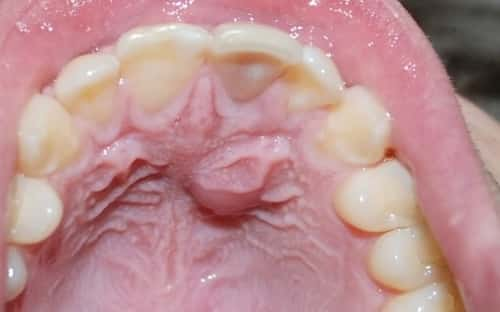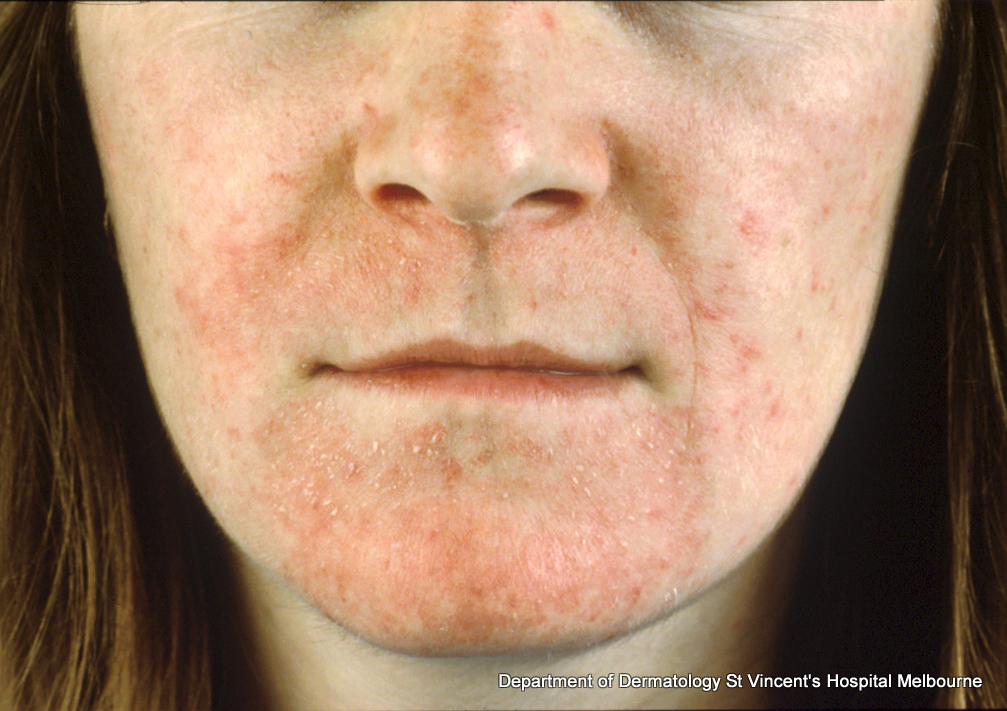Top Mouth Hurts

Experiencing pain in the top of the mouth can be quite unsettling, as it affects not only our ability to eat and drink comfortably but also our overall oral health and well-being. This type of discomfort can stem from a variety of causes, ranging from minor issues that can be easily treated at home to more serious conditions that require professional dental or medical attention. Understanding the possible causes and appropriate responses to top mouth pain is essential for managing the discomfort and preventing potential complications.
Causes of Top Mouth Pain
Tooth Decay and Cavities: One of the most common reasons for mouth pain, tooth decay can lead to sensitivity and pain, especially if the decay reaches the pulp of the tooth. The top part of the mouth, including the upper molars and premolars, is a common area for cavities due to its susceptibility to food particles and plaque accumulation.
Gum Disease (Gingivitis and Periodontitis): Inflammation of the gums can cause pain and discomfort in the mouth, including the top part. As gum disease progresses, it can lead to more severe issues, including abscesses and bone loss.
Tooth Fracture or Crack: A fractured or cracked tooth can be extremely painful, especially if the fracture exposes the dental pulp. The pain can be sharp and may worsen with temperature changes or when chewing.
Dental Work: Sometimes, dental procedures such as fillings, crowns, or root canals can lead to temporary discomfort or pain in the top of the mouth. This is usually due to the manipulation of the tooth and surrounding tissues during the procedure.
Sinus Pressure: The upper part of the mouth is closely located to the sinus cavities. Sinus infections or sinusitis can cause referred pain in the top teeth and mouth due to the shared nerve pathways.
Mouth Sores: Sores on the roof of the mouth, such as mucous cysts or canker sores, can be painful and may be caused by irritation, injury, or infection.
Ill-Fitting Dentures or Dental Appliances: If dentures or other oral appliances do not fit correctly, they can cause irritation and pain in the mouth, including the top part.
Management and Treatment
The management and treatment of top mouth pain depend on the underlying cause. For minor issues such as mouth sores or sinus pressure, over-the-counter pain relievers and home remedies like warm saltwater rinses may provide relief. However, for more severe conditions such as tooth decay, gum disease, or a fractured tooth, professional dental care is necessary. This may involve fillings, root canal therapy, periodontal treatment, or other dental procedures to address the issue directly.
Prevention
Preventing top mouth pain involves good oral hygiene practices, including regular brushing and flossing to prevent tooth decay and gum disease. Regular dental check-ups can help identify and treat issues before they become severe. A balanced diet that limits sugary and acidic foods, which can contribute to tooth decay, is also crucial. Additionally, avoiding habits that can damage teeth, such as biting or chewing on hard objects, can prevent fractures and cracks.
Conclusion
While top mouth pain can be distressing, understanding its causes and taking proactive steps towards prevention and early treatment can significantly reduce discomfort and prevent long-term damage. Whether the pain is due to a minor issue or a more serious condition, seeking professional advice from a dentist or healthcare provider is essential for proper diagnosis and treatment, ensuring the best possible outcome for oral health.
What are the common causes of pain in the top of the mouth?
+Pain in the top of the mouth can be caused by various factors including tooth decay, gum disease, tooth fractures, dental work, sinus pressure, mouth sores, and ill-fitting dentures or dental appliances.
How can I manage pain in the top of my mouth at home?
+For minor issues, over-the-counter pain relievers, warm saltwater rinses, and good oral hygiene practices can help manage pain. However, for more severe conditions, professional dental care is necessary.
Can top mouth pain be prevented?
+Yes, practicing good oral hygiene, including regular brushing and flossing, having a balanced diet, and avoiding harmful habits can help prevent top mouth pain.



